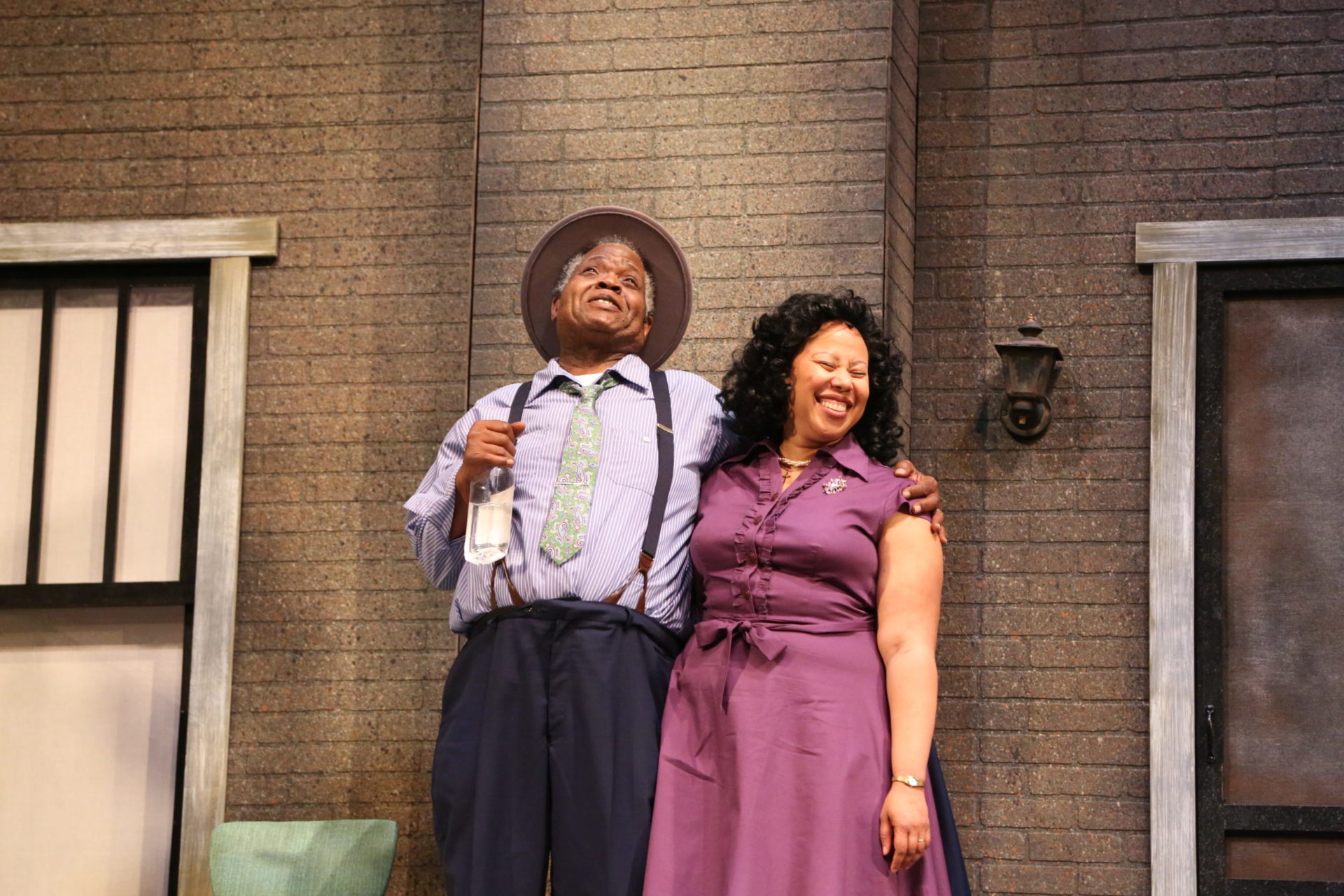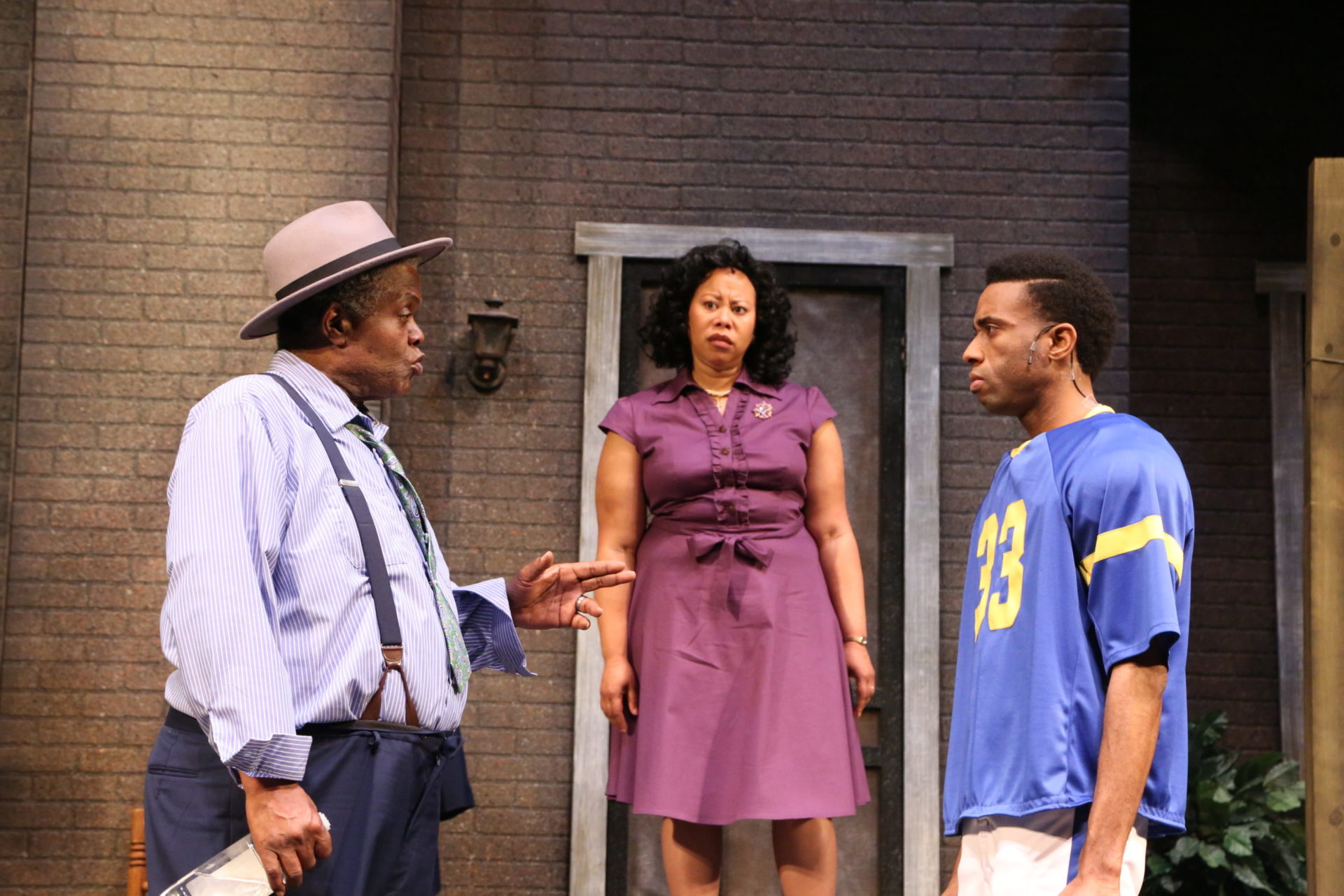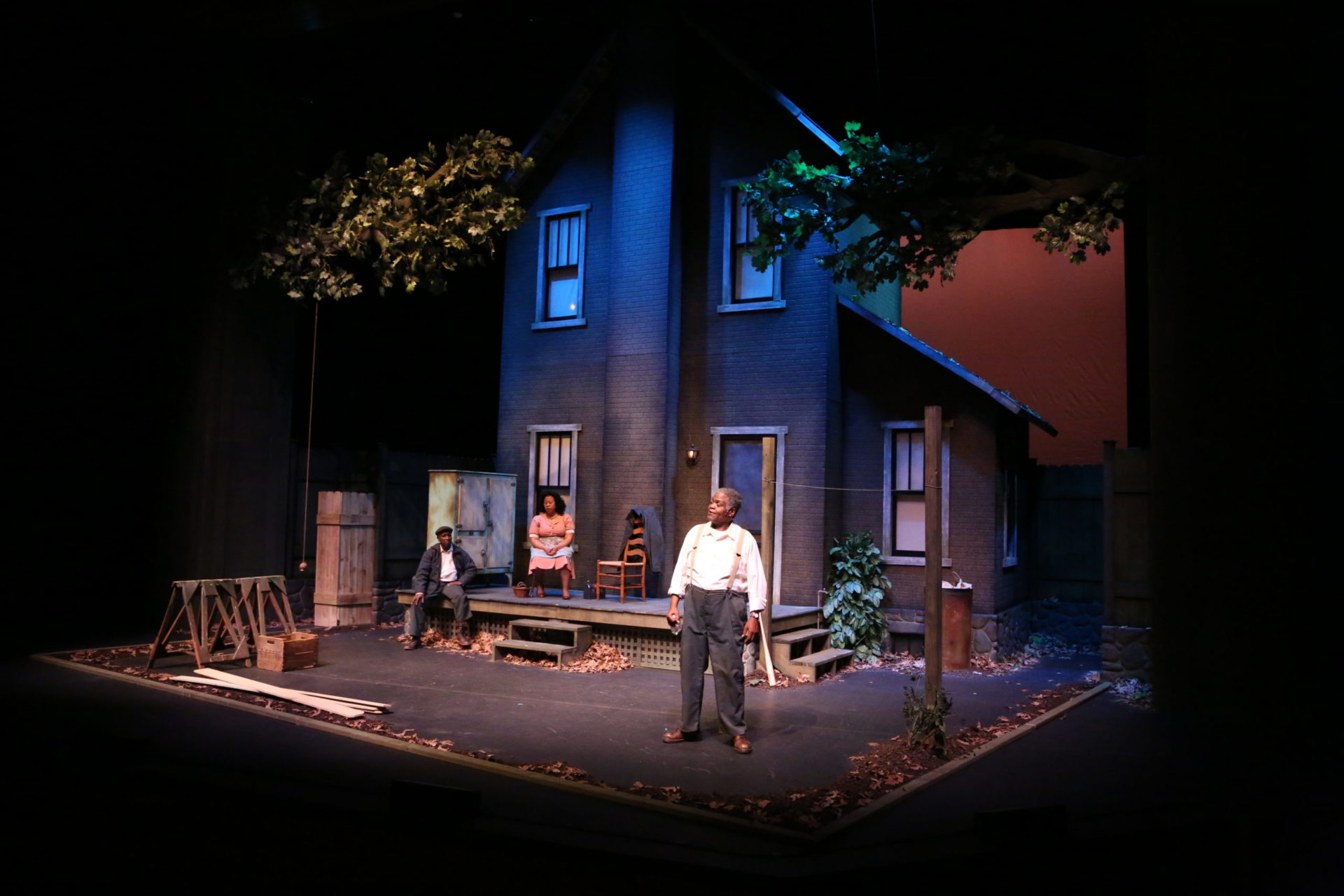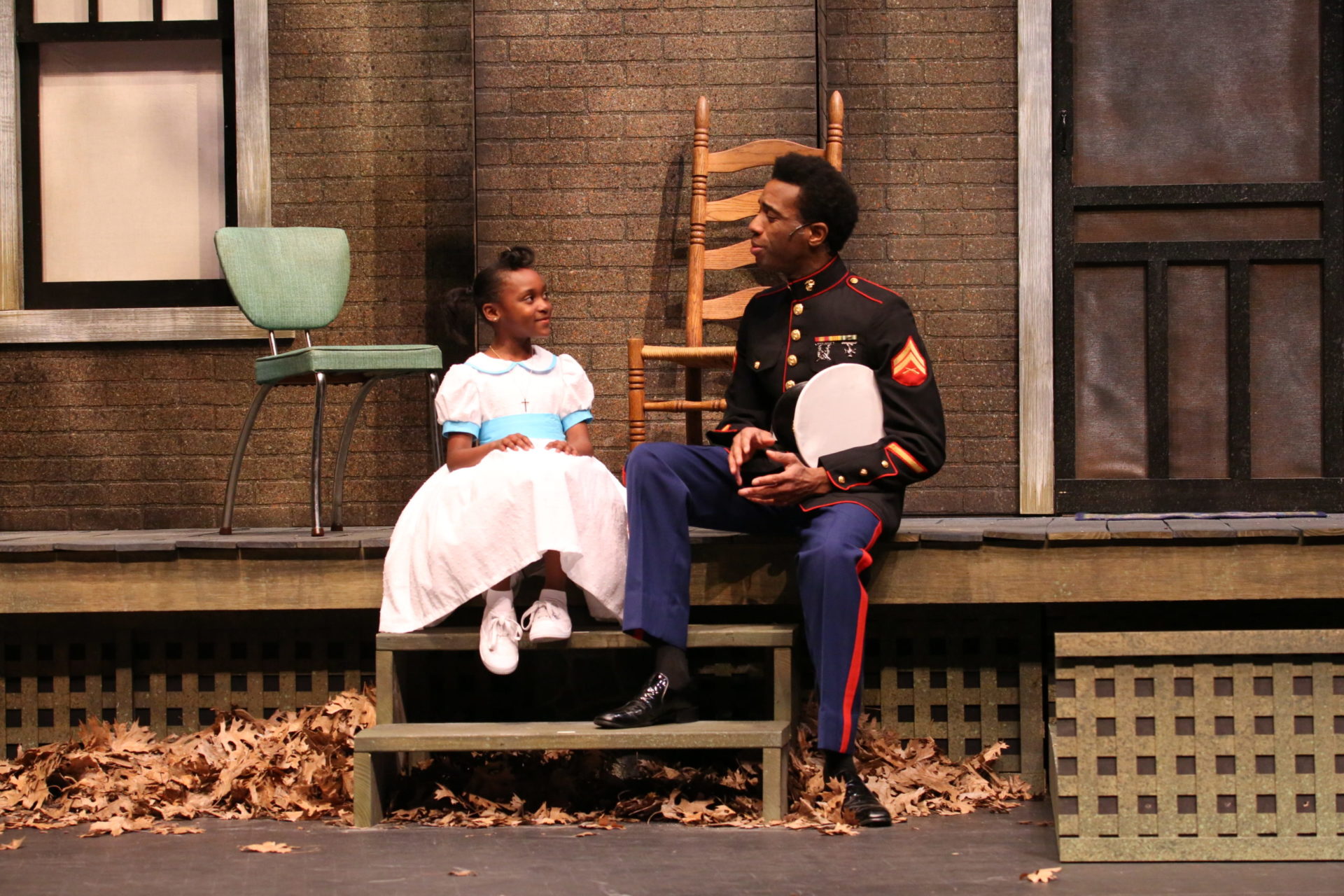The Nashville Repertoiry in Polk Theater
August Wilson’s Fences
I was unfamiliar with this play before seeing the Nashville Repertory Theatre perform it on opening night in TPAC’s Polk Theater, and I deliberately avoided reading about it beforehand to avoid academically-granted spoilers. After seeing it I was disappointed and confused at why I was forced to read the humorless and grindingly depressing Death of a Salesman in high school when I could have read this masterpiece. I’m not unique in being blown away by the quality of this play; it won the 1987 Pulitzer Prize for Drama and the 1987 Tony Award for Best Play, with James Earl Jones in the lead role. More recently there was a 2016 film adaptation of the play starring Denzel Washington and Viola Davis.


Fences deals with failure, change, aging, selfishness, forgiveness, racial discrimination, love, poverty, and pretty much everything else the human condition has to offer. It is excellent on every level. The dialogue is marvelous, the language, rhythm and tangents of the conversation are realistic. Each character is multidimensional and shown compassionately and often given a chance to explain their choices, the good and the bad. Some of them learn from their mistakes, others do not. The metaphors in this play –one being notably the fence that gives the play its name– are deep and multifaceted do not require ambiguity in order to fake profundity. The play is real, hilarious, empathetic, sad, and hopeful.
The play is set in the 1950’s. Troy Maxson is a garbageman who was a star baseball player in the Negro leagues before WWII. He’s married and has a teenage son. Frequent visitors to their yard are his co-worker friend, another son from an earlier relationship, and his brain-damaged war veteran brother. I won’t outline the plot because simply listing the events doesn’t give you the full story any more than a resume sums up your life. Troy is a father, a husband, and a friend. He is flawed and makes mistakes, big and small, and we see how these and his virtues combine with the flaws and virtues of others in his life, shaping their options and choices. For all his lectures to his son Cory about how he’s done his best for them as the provider, it turns out that their house was paid for by money that his brother received from the military after getting injured in combat. There is conflict between him and Cory, a football player with a college recruiter interested in him. Troy is still bitter about how racism prevented him from being able to play in the Major Leagues and tells Cory that there’s no point in playing sports; he should get a trade in something practical. Cory tells him that times are different now. It’s not just about football; this would be a path for him to go to college. Troy’s failure to see things differently, despite his wife Rose’s best efforts, was compelling.

In the post-show Q&A the cast was asked how this play has stayed relevant. Clark Harris, who plays the lead role of Troy Maxson, said that it is still relevant because, even though this 80’s play is set in the 50’s, nothing is different; all the personal problems that characters in the play deal with are problems that people still deal with today.
Jon Royal directed a sincere, human performance. In the Q&A he spoke a little about trying to stay true to the text, which I think he did successfully; no parts ever felt forced, or as if aspects of the play were being pushed into more prominent places to fit some personal agenda. Instead it was clear that the text was respected and valued as much as it could be. In the program he wrote about when he was a child and unable to distinguish between a person living a happy life and one experiencing a happy moment. That ambiguity was alive in his production of this play.
Gary C. Hoff, the scenic designer, created a two-story house with a porch and a yard. It looked very real and after a few minutes I realized that expertly placed leaves were in all the exact places they get blown and remain if they aren’t raked away. That touch was what turned the set from being good to very very good.
I attended this play with my father, who has worked in media production for years, and he was impressed by André Allen’s ability as lighting designer, who managed to capture the look of streetlights shining through tree limbs. All the action took place in the yard, but a few times a character answered the phone inside the house or listened to the radio and their silhouette was projected onto the windows in a fun effect.

The cast was marvelous. Troy and Rose Maxson, played by Clark Harris and Alicia Haymer, worked together beautifully, their love and their tensions palpable. Clark Harris, playing an extraverted, dominating personality, had lines upon lines and monologues, but he never made them feel lengthy or recited. Playing a sometimes overly-dramatic character without coming across as hammy and unlikeable is difficult, and Harris achieved it. The rest of the cast’s dramatic and comedic timing was spot on, capturing the enthusiastic audience, which laughed and gasped at all the right moments.
Describing part of the Q&A will help show what watching the play was like. Jordan Marie Elizabeth Nixon played the child Raynell Maxson, and when asked about getting into character she said it was easy because she had two things in common with her role: “She is seven, and I’m seven too– for now,” she added meaningfully, with a knowing look at the audience that made everyone laugh. “And second, we’ve both lost somebody close to us.” The audience became unexpectedly serious. Laughter and pain are lifelong companions, and August Wilson and the Nashville Repertory Theatre gave a beautiful performance showcasing both.



